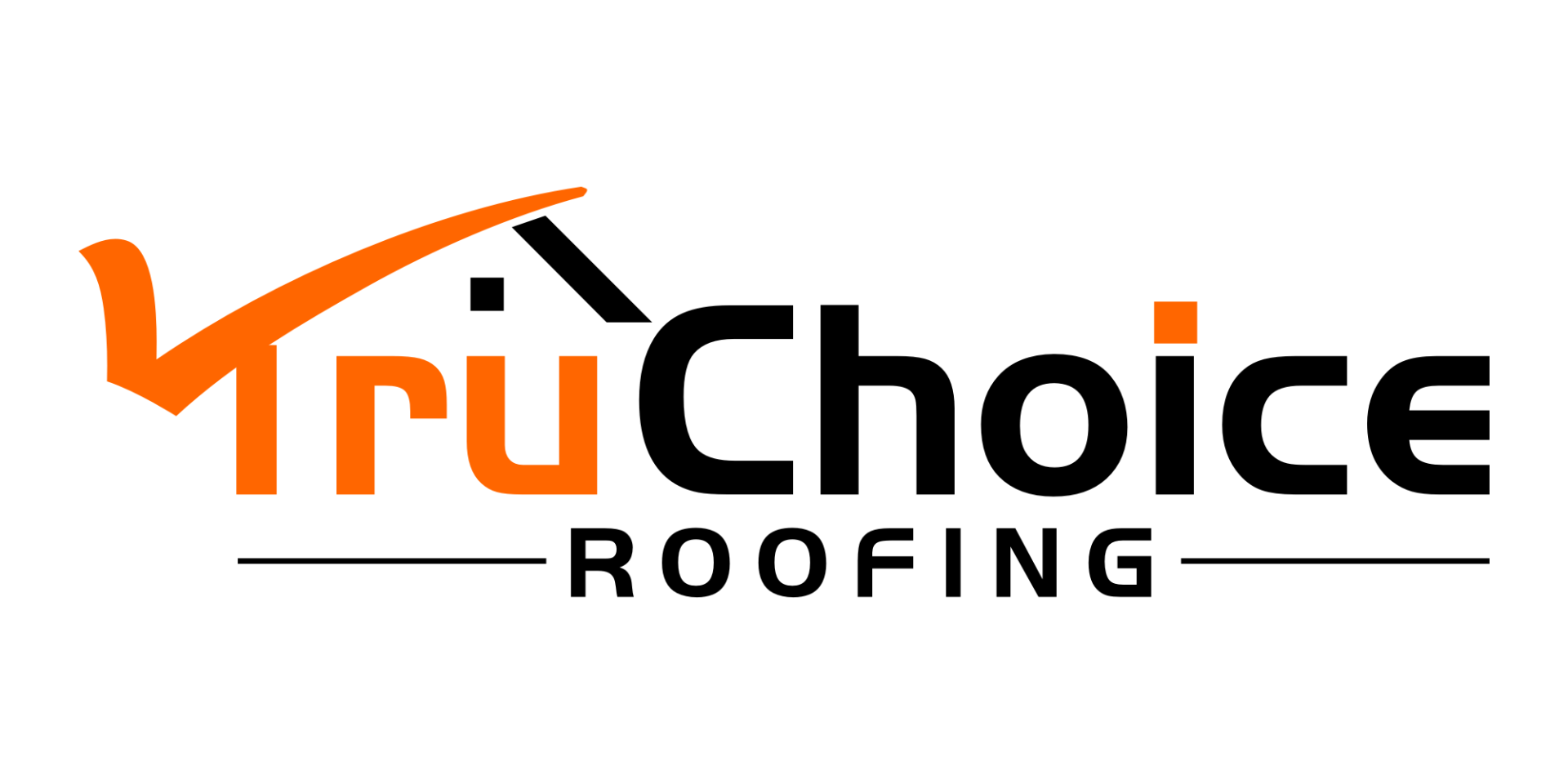Metal Roofing Maintenance: Easy Steps for a Stronger Roof
When it comes to protecting your Fort Worth home from the elements, your roof is the first line of defense. If you've invested in a metal roof, you're already ahead of the game.
But even the toughest materials need a little TLC to keep them performing at their best. Maintenance not only extends the life of your metal roof but also lowers the chances of future expensive repairs. Whatever you're dealing with when it comes to maintenance, we can help.
Read on to learn our top maintenance tips for metal roofing.
Benefits of Metal Roofing
Why should you choose metal roofing installation in the first place? Metal roofs can last literal decades with proper maintenance, far outlasting traditional asphalt shingles. This durability makes metal roofing a cost-effective option over time, as it requires fewer general repairs and replacements.
Metal roofs reflect the sun rather than absorb it, which helps keep Fort Worth homes cooler in the summer and cut down on your AC costs. Many metal roofing systems also come with special coatings that enhance this reflective ability, further lowering energy consumption. This type of roofing is often environmentally friendly, as it is often made from recycled materials and can be recycled at the end of its life, reducing waste.
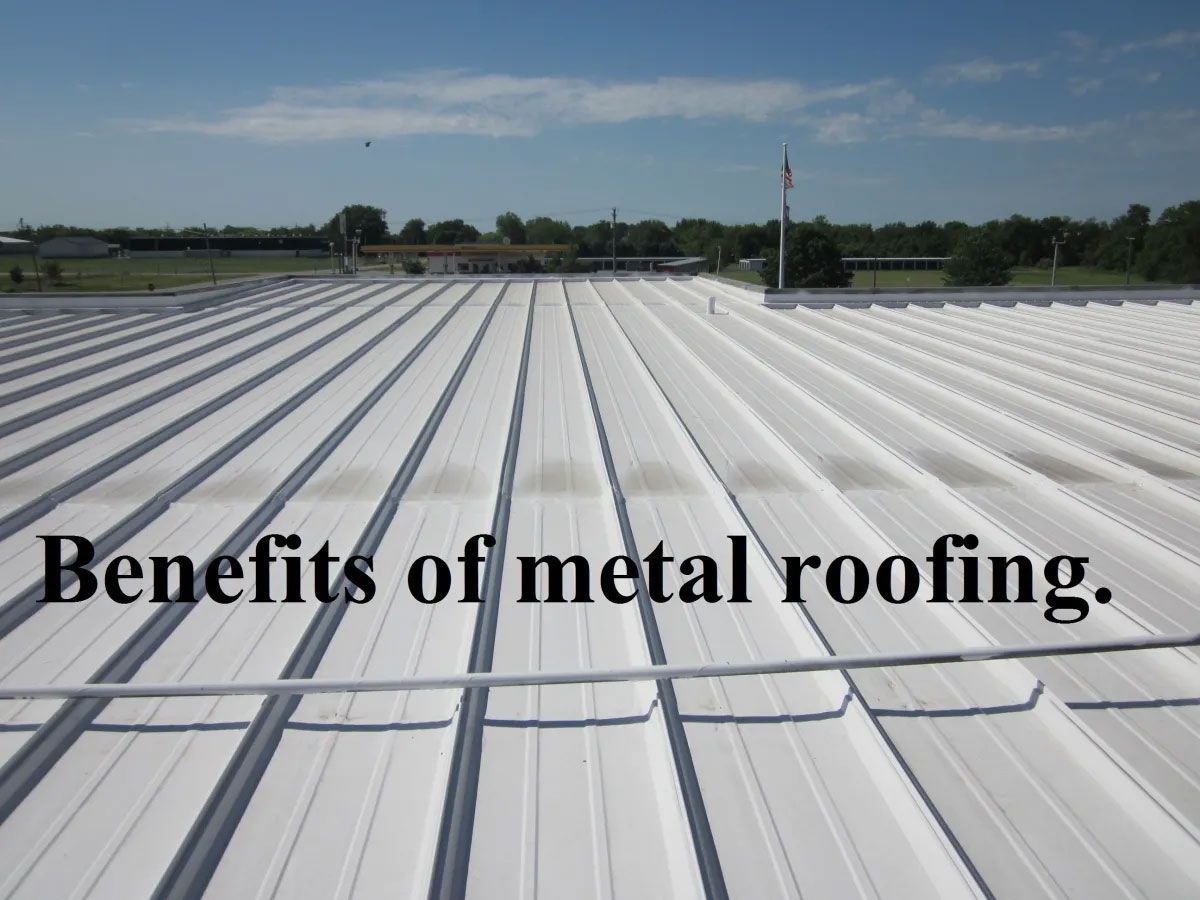
Metal Roof Maintenance: Regular Inspections
Ideally, Fort Worth homeowners should inspect their roofs at least twice a year, typically in the spring and fall, as well as after severe weather events like storms or heavy snowfall. These inspections help identify small problems before they grow, such as leaks, rust, or structural damage. Key areas to focus on during metal roof inspections include:
- Seams
- Fasteners
- Flashing
- Panels
These are often the most vulnerable to wear and tear.
If you don't know enough about roofs to catch any problems, you can also hire roofing services to do inspections for you.
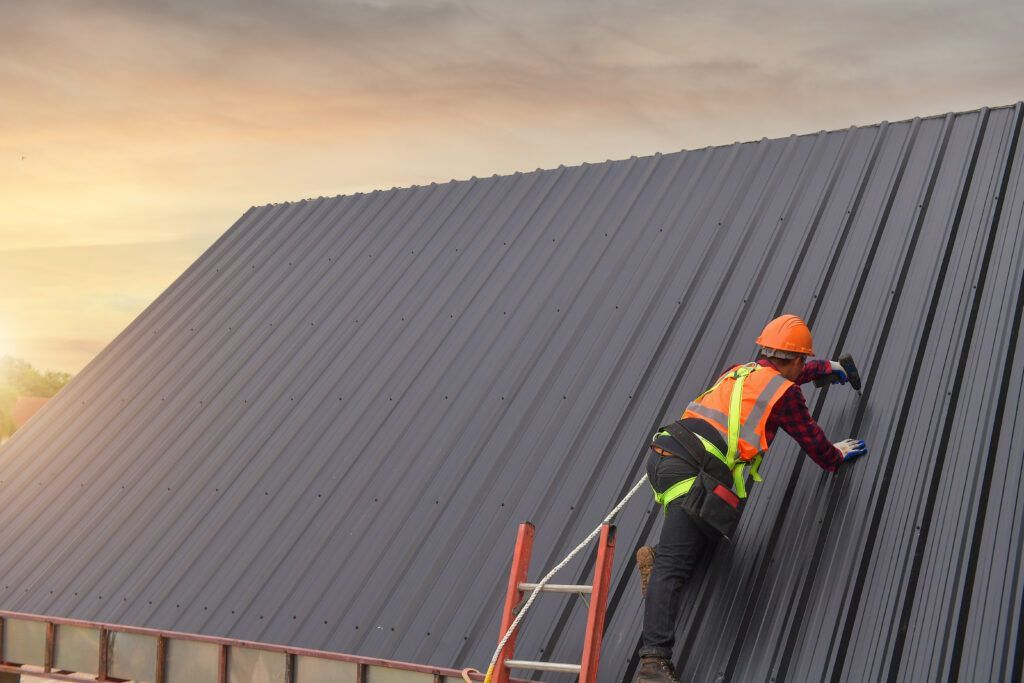
Keep the Roof Clean
Over time, random trash from the world around you can accumulate on the roof's surface, trapping moisture and leading to rust or corrosion development. Plus, organic materials can clog gutters and downspouts, causing water to back up onto the roof and potentially lead to leaks. Cleaning helps prevent these issues, ensuring proper water drainage and protecting the roof's protective coating.
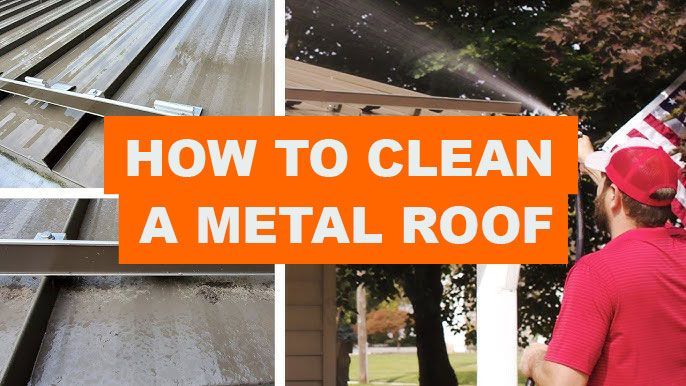
Watch For Rust and Corrosion On Your Metal Roof
Rust and corrosion not only affect the appearance of your metal and siding but can also weaken its structural integrity, leading to leaks or more extensive damage if left untreated. Taking a look at your roof every so often for early signs of rust, such as reddish or brown discoloration, is essential in preventing more severe issues.
If rust or corrosion is detected, it's important to address it immediately. Start by gently sanding the affected area to remove the rust, ensuring you don't damage the underlying metal. Afterward, apply a rust-inhibiting primer to protect the metal from further corrosion. Once the primer is dry, repaint the area with high-quality paint.
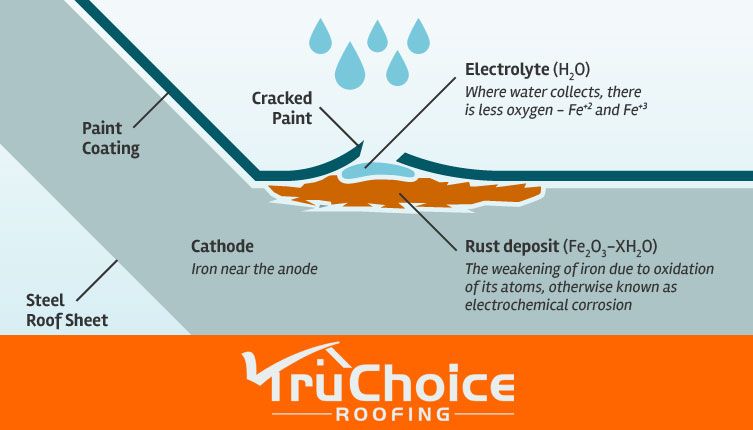
Maintain Gutters and Downspouts On Your Metal Roof
These drainage systems help redirect rainwater and melted snow away from your roof and foundation. If gutters and downspouts become clogged, water can back up onto the roof.
To prevent problems, it's important to clean your gutters and downspouts. Make sure you're especially careful during the fall and after storms when debris tends to accumulate. Use a ladder and gloves to safely remove leaves and debris by hand, or use a garden hose to flush out smaller particles.
Installing gutter guards can also help by minimizing debris buildup and cut down on the need for frequent cleanings. Inspect the downspouts to ensure they are properly directing water away from your home's foundation and that there are no blockages.
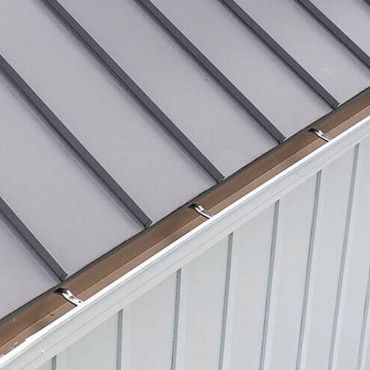
Seal Up Leaks On Your Metal Roof
Metal roofs are highly resistant to water, but leaks can still happen. Inspecting these vulnerable areas every so often is key to catching leaks early.
If you detect a leak, the first step is identifying its source. Water may travel along roof panels, so it's important to thoroughly examine the surrounding areas to pinpoint the issue. Once located, you can seal the leak using a high-quality roofing sealant. Ensure that your sealant is compatible with your metal roof to prevent any damage. Apply the sealant generously to fill gaps, cracks, or holes, and allow it to completely dry to form a watertight barrier.
In more severe cases, such as large gaps or damaged flashing, it may be necessary to replace the affected panels or flashing. For such repairs, hiring a professional roofer ensures that the leak is properly addressed and won't lead to further issues.
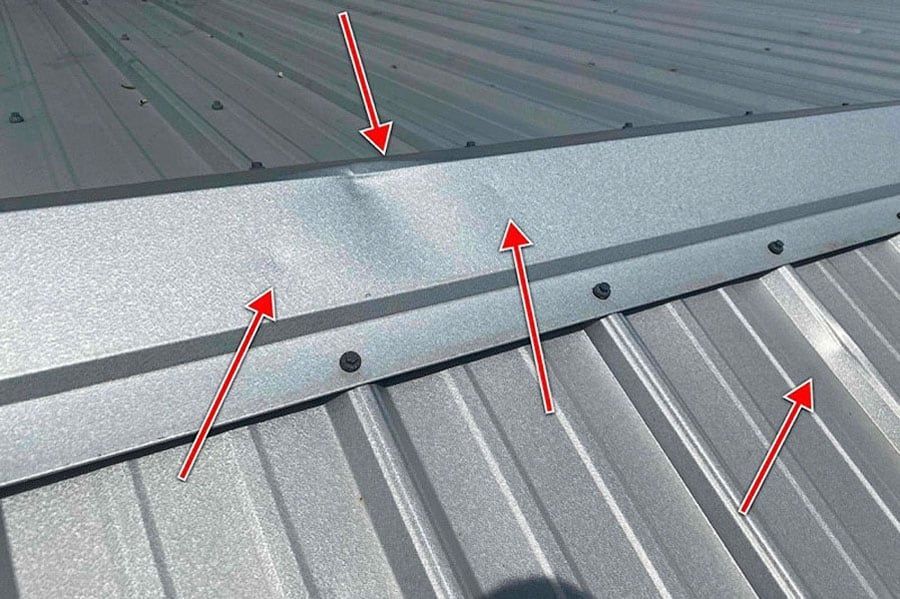
Trim Overhanging Branches
Trees that grow too close to your roof can pose significant risks, especially during storms or high winds. Branches that rub against metal roofs can scratch the protective coating, leading to rust and corrosion over time. In more severe cases, falling branches can dent or puncture the metal panels.
Regularly trimming back trees that hang over or near your roof helps prevent these issues. Trimming these tree branches not only reduces physical damage risks but also prevents leaves, twigs, and debris from building up which can clog gutters and trap moisture. Moisture accumulation can accelerate rusting and create an environment where mold and mildew thrive.
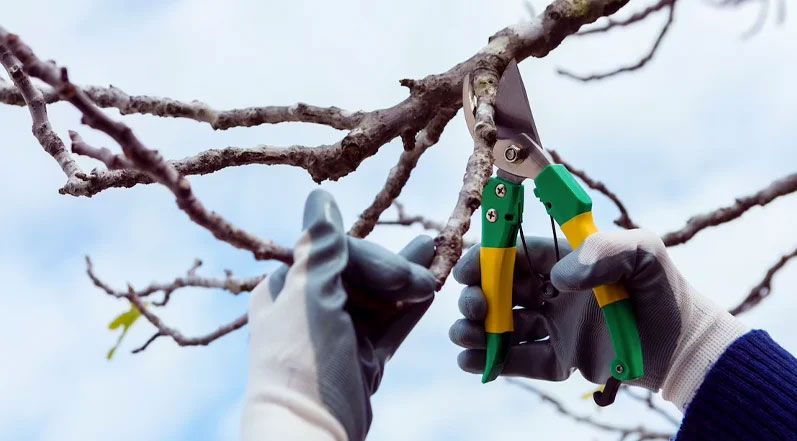
Storm and Weather Damage Repair On A Metal Roof
After any significant weather event, it's essential to inspect your metal roof for visible and hidden damage. Catching storm-related damage early can save you from more severe problems down the line.
If you live in a region that experiences hail, check for dents or scratches, which may compromise the protective coating and lead to corrosion. Even small dents can affect the roof's ability to shed water effectively.
If heavy snow or rain hits your area, make sure to inspect the roof for pooling water or ice buildup, which can cause rust or leaks. Check the roof flashing around chimneys, vents, and skylights, as these areas are particularly at risk of water penetration during storms. If you notice any damage, it's important to repair it as soon as possible to prevent water from entering the building.

Metal Roof Pest Prevention
While metal roofs are generally better at resisting pests than other roofing materials, they can still attract unwanted visitors like birds, squirrels, and insects if not properly maintained. Pests can cause significant damage by nesting in gutters, chewing on flashing or insulation, or creating entry points that lead to leaks or other structural issues.
Overhanging branches give access to squirrels and other animals, so keeping trees trimmed back from the roof is crucial. Birds, in particular, can be attracted to metal roofs and may attempt to nest in vents or gutters, causing blockages. Installing mesh screens over vents and chimney openings can help prevent birds and other small animals from entering.
Gutters and downspouts are also areas where pests can cause trouble. Clogged gutters create a perfect nesting spot for birds, insects, and rodents. Regularly cleaning them out and ensuring they are free from blockages will help prevent pests from making your roof their home. Installing gutter guards can further reduce the chances of debris buildup and minimize pest issues.
Sealing any gaps or openings is essential for keeping pests out. Even small openings can allow insects or small animals to enter, potentially causing damage to insulation and underlying structures.
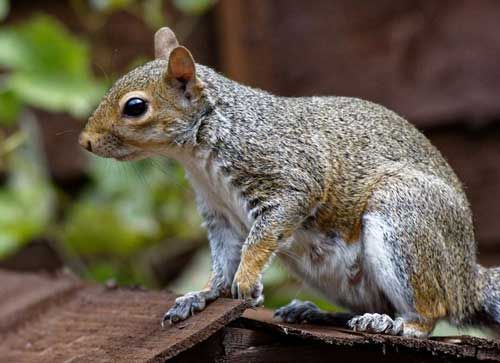
Bring In The Experts
While ongoing DIY maintenance can significantly extend your metal roof life, there are times when it's best to bring in the experts. Professional roofers have the experience and specialized tools needed to spot hidden issues that a typical homeowner might miss.
Scheduling a professional inspection every few years ensures that your roof remains in optimal condition and that any small problems are caught before they turn into costly repairs.
They have the expertise to apply specialized treatments like protective coatings or sealants that require precise application to ensure long-term durability. Experts can assess the overall structural integrity of the roof to ensure everything is functioning properly.
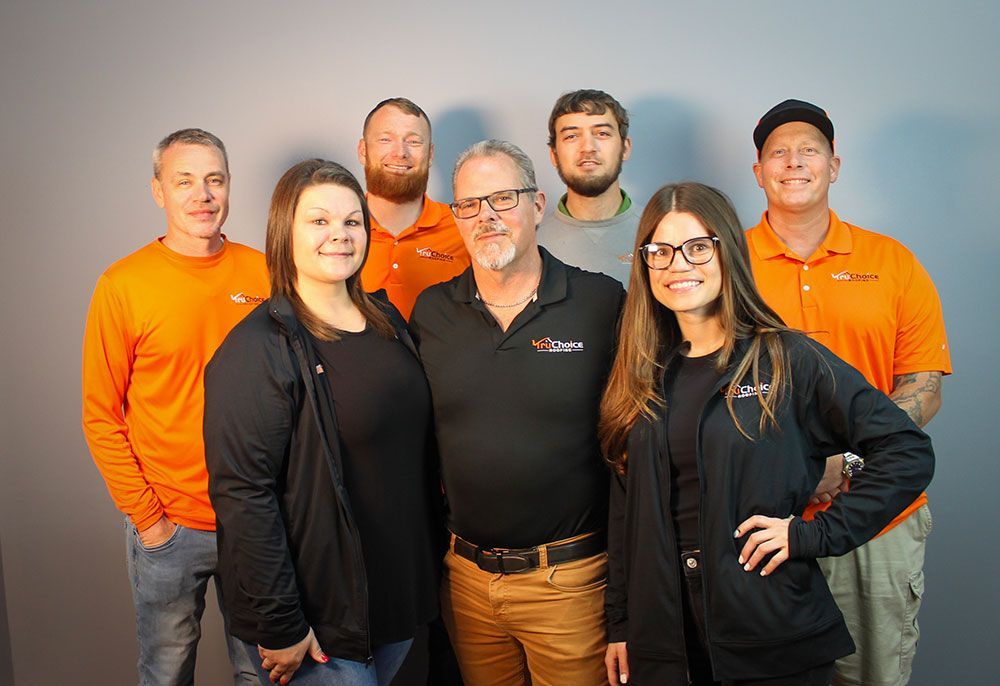
Hiring the Right Metal Roof Company
Metal roofing requires very specific knowledge and expertise, so it's important to hire professionals with experience in working specifically with metal roofs.
Reading online client reviews and asking for personal referrals can give you a look at a roofing company's reputation and the general quality of their work. It's also a good idea to ask the contractor for references from past clients with similar roofing projects to get a sense of their expertise.
Get detailed estimates from several companies before making a decision. Compare not only the cost but also the scope of services included. A Fort Worth roofing company will do a proper inspection, clearly outline the required repairs or maintenance, and offer a fair warranty on their work.
Metal Roofing: Get on Top of Maintenance
Clearly, there's a lot to do when it comes to metal roofing maintenance. Use this guide, and you won't have to worry about your home's structural integrity in the future.
Are you looking for more ways to expand your home and roof lifespan? Check out TruChoice Roofing. We're the top roofing service provider in Fort Wayne, and we also work on Windows, Siding, Gutters, and Gutter Guards to ensure your home exterior is protected on every level.
Contact us today.
